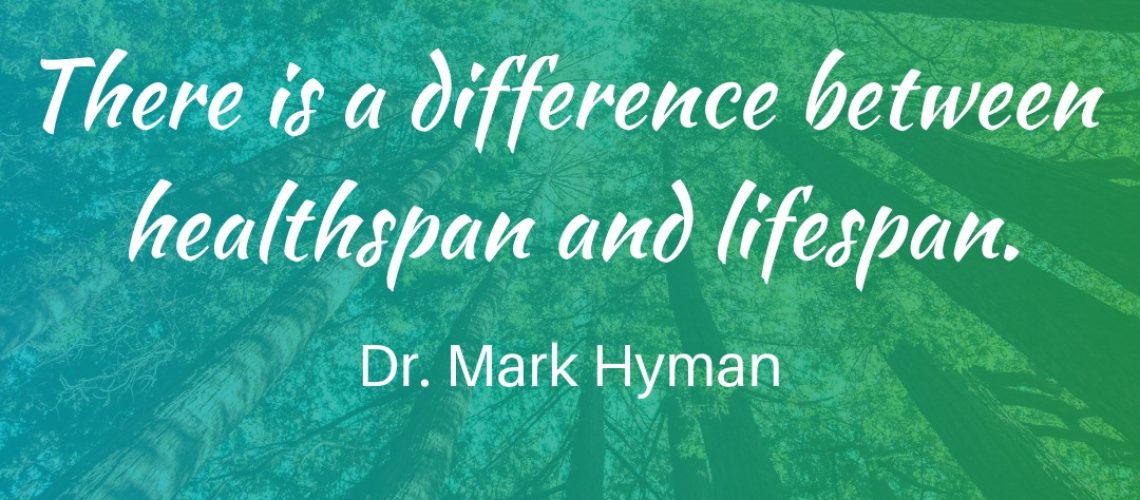In 1991 a friend gave me a cassette tape of a lecture by a fascinating young doctor I’d never heard of named Deepak Chopra. It was called “Quantum Healing.” It was wild and groundbreaking. I must have listened to it 20 times.
32 years later, cassettes and CDs are long gone and the internet is swimming in podcasts by famous doctors and scientists – too many to keep track of let alone listen to – and, like Deepak, many of them talk about yoga practices as part of their daily health regimens (although, unfortunately, they don’t necessarily refer to what they’re teaching as “yoga”).
I started to listening to more of these guys (they’re mostly guys) – and I’ve learned so much – some of my faves include Dr. Andrew Huberman and Dr. Peter Atia. Their knowledge has been helpful for my work with yoga – science always seems to be catching up with and explaining the mechanisms behind things that I learned from yoga.
Huberman specifically is really into breathing and meditation and the science behind it. There’s a lot of cross-pollination (meaning they interview each other on their podcasts and promote each other) of the science guys with tech guys who call themselves “biohackers” – they promote techniques like ice baths, intermittent fasting, ozone chambers, and supplements to “hack” their biology in order to live longer, healthier lives.
On the homepage of his website, Tim Ferris (who some call the “father of biohacking”) claims it’s possible to reach your genetic potential in 6 months, sleep 2 hours per day and perform better than on 8 hours, and lose more fat than a marathoner by binging. He’s into gaining muscle weight, tripling your testosterone, and increasing fat loss by 300% “with a few bags of ice.”
Biohackers use things like intense (even excruciating) workouts, agility training, superfoods, vitamin B-12 shots, MCT oil, Bulletproof coffee, mind over matter Navy seal-esque pain control, and much more, with the goal of living healthier and longer.
But there are a few things that concern me about the biohacking craze.
One is that, at least on face value, it’s a bit hypermasculine.
Celebrated biohackers are rarely women (only 1 out of the top 23 biohackers is a woman) and they rarely take women’s specific health needs into consideration in their biohacking regimens (although Ferris promotes a 15 minute female orgasm which, to me, if he’s just talking one orgasm, sounds exhausting and, in general, I’m skeptical about men who claim authority about women’s sexual experiences).
Another is that the science is sometimes questionable and lacks evidence base.
Then there’s the expense – biohacker Bulletproof founder David Asprey (who incidentally says he will live till he’s least 180 “and that’s the floor, not the ceiling”) has already spent $1M on his healthy body – and he’ll probably have to spend several mil more over the next 130+ years – not exactly a scalable lifestyle for all considering our chronic health problems are increasing, the age of mortality is declining, and income disparity has never been greater.
So what’s all this desire for biohacking about anyway? What underlies the drive for a 180 year long life?
Perhaps it’s because we live in times where many people see the world through the lens of scientific materialism. Traditional religions have crumbled in the west and what’s left is science and the physical. In many ways, the biohackers have made science their religion, the body their temple, and matter all that matters.
Scientific materialism is a worldview that makes the physical body seem like all you got. And so, if you have the time, the tech, the resources, and the smarts, you may as well make it last as long as possible.
Science is by its very nature reductive and analytical – and that’s good, it’s helped us to solve many problems. But when it’s the dominant worldview of a culture, then the default thinking of individuals in that culture will reflect it – their thinking will also become reductive and analytical.
But life cannot be explained solely via reductionism and analysis. In fact, what the earth sciences teach is that holism rather than reductionism is a much more accurate lens. Rather integration, synthesis, and nested systems are more useful for explaining reality – and this is exactly what yoga has always taught.
The yoga tradition is full of many great, healthy lifestyle habits and “hacks”. But it also teaches that I don’t have to perfect my body. I don’t have to eat perfectly, workout perfectly, have perfect muscles, look perfect, or live forever. It’s okay to be human.
It’s okay to age. It’s okay to die.
Because that’s how nature works and we are part of nature.
The inevitable decay and death of my body, therefore, regardless of my beliefs or worldview, is a part of a larger system. Scientifically, as well as spiritually, it’s part of something greater.
A part of me will live on because I’m part of the whole – yes the recycled material of my already recycled stardust body, but also my spirit, my vibrations of compassion and love, my contributions to ancestral memory.
From a non-materialistic worldview, there are forces in this universe that can never be understand through the lens of scientific materialism.
But a spiritual worldview takes these forces into account.
Yoga philosophy teaches that the goal of life is not just longevity. More importantly, it’s about using the vehicle of this body to help deepen, broaden, expand, and embody our understanding of the interconnection and interdependence of all things.
There is a force of limitless love that drives all life, all curiosity, all living. The singularly relevant human endeavor?
